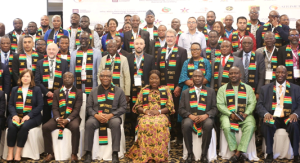
By Kizito CUDJOE
The Director-National Metrology Institute of Ghana, Prince Isaac Kingsford Arthur, has called for greater technical preparedness across the continent to support implementation of the African Continental Free Trade Area (AfCFTA).
Speaking at the 18th General Assembly of the Intra-Africa Metrology System (AFRIMETS) in Accra, Mr. Arthur said Africa’s integration agenda must go beyond political commitments and focus on harmonising standards and measurement systems.
“The future of African integration depends not only on political will but also technical readiness,” he said. “AfCFTA is a bold vision, but it will only succeed if our measurements are harmonised, our standards aligned and our institutions interoperable.”

He emphasised that technical infrastructure – including metrology, standardisation and conformity assessment – is essential to ensure trust in goods and services traded across borders under the free trade agreement.
“Africa must not lag behind in the global measurement landscape,” Mr. Arthur said. “We must lead in areas that reflect our realities, such as agricultural metrology, environmental monitoring, energy efficiency and health diagnostics.”
He urged national metrology institutes and standardisation bodies across the continent to collaborate more closely, share breakthroughsand align priorities to meet regional needs.
“We must develop standards that speak to our industries, our climate and our communities. And we must do so with scientific rigour and continental solidarity,” he said.
The 18th AFRIMETS General Assembly and Related Meetings is being held under the theme ‘150 Years of the Metre Convention: Prospects for Metrology within the African Continental Free Trade Area’.
The event brought together national metrology institutions from across Africa to coordinate and strengthen measurement science, a critical component for regional trade and industrial development.
The Minister of Trade, Agribusiness and Industry, Elizabeth Ofosu-Adjare, also speaking at the meeting recognised the importance of metrology to industrialisation, trade, health and innovation.
She said: “In a world increasingly driven by precision and data, accurate measurements are the currency of trust. They ensure that goods are safe, services are reliable and trade is fair.”
To this end, she said Ghana with support from the German government – and through its strategic cooperation with the Physikalisch-Technische Bundesanstalt (PTB – is “undertaking a bold transformation of our national measurement infrastructure”.
The Ghana Standards Authority (GSA), she said, is spearheading efforts to upgrade metrology capabilities to the level of a National Metrology Institute (NMI), adding this a move that will position Ghana as a regional leader in scientific and industrial measurement.
These upgrades, she said, will not only serve Ghana’s industries and consumers but also support the broader ECOWAS region with high-quality, internationally recognised metrological services.
“Importantly, these efforts are aligned with government’s newly launched 24-Hour Economy and Accelerated Export Development Programme (24H ), a transformative national strategy aimed at boosting productivity, creating 1.7 million jobs and positioning Ghana as a globally competitive, export-driven economy.”
The president of AFRIMETS, Dr. Henry Rotich, on his part said: “This annual gathering demonstrates the commitment to advancing metrology and promoting collaboration across the African continent.
“Over the past year, we’ve made remarkable progress in improving measurement standards, strengthening regional capabilities and positioning Africa as a key player in global metrology.”
The Acting Director General of GSA, Mr. Clifford Frimpong, noted that GSA continues to invest in metrology capabilities, laboratory infrastructure and regional partnerships.
He said hosting AFRIMETS 2025 reaffirms Ghana’s commitment to advancing metrology for sustainable development across Africa.
Also, chairman of GSA’s governing board Mr. Hudu Mogtari said the board prioritises strategic investments in the country’s national quality infrastructure.
“We are expanding laboratory capabilities, strengthening human capital and deepening our engagement with regional and international partners. But we also recognise that national efforts must be matched by continental collaboration.”
The post Africa must strengthen technical capacity to actualise AfCFTA goals appeared first on The Business & Financial Times.
Read Full Story
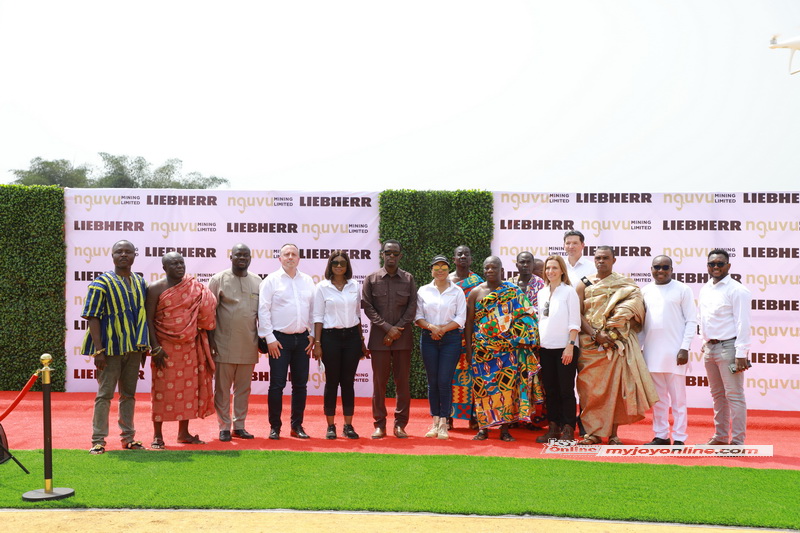


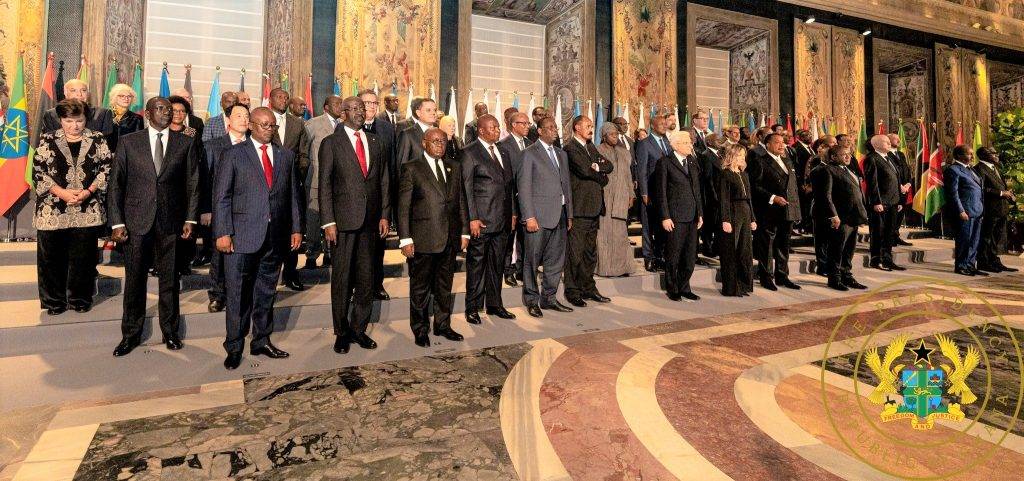


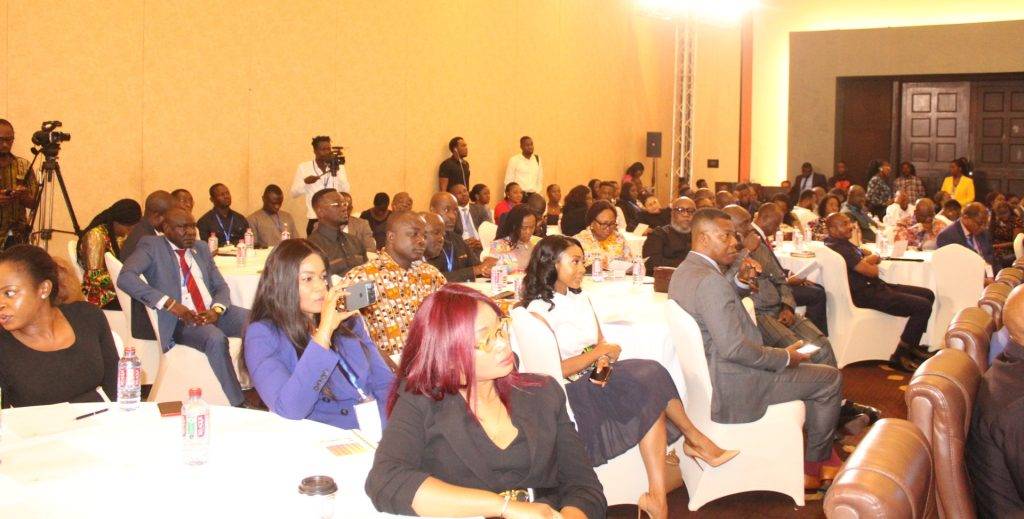










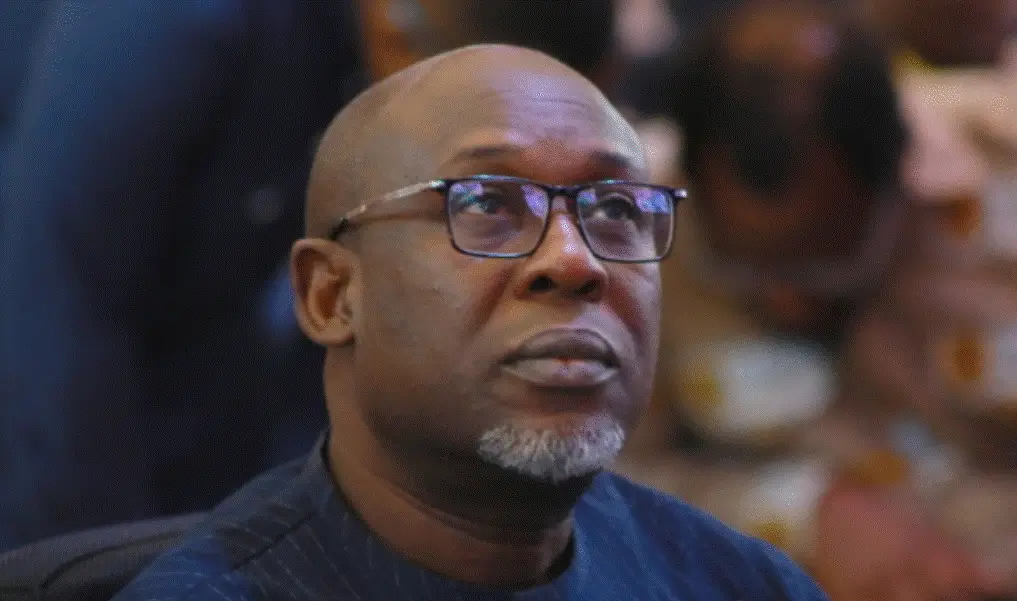
Facebook
Twitter
Pinterest
Instagram
Google+
YouTube
LinkedIn
RSS